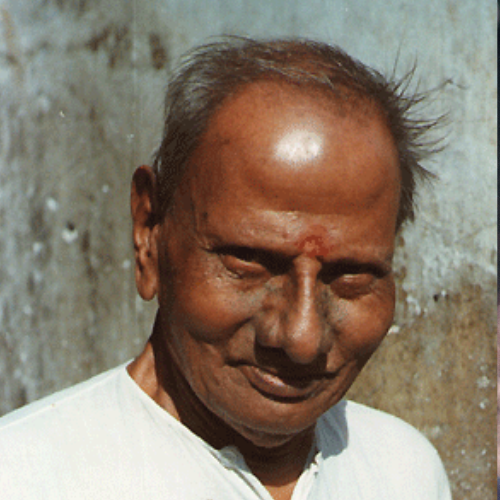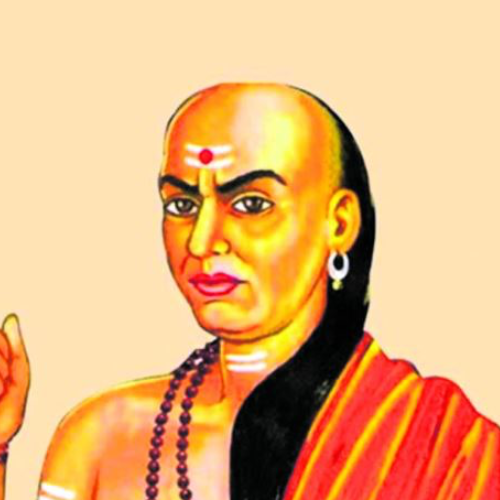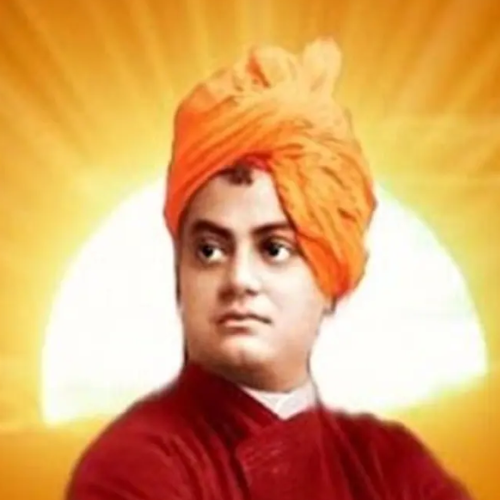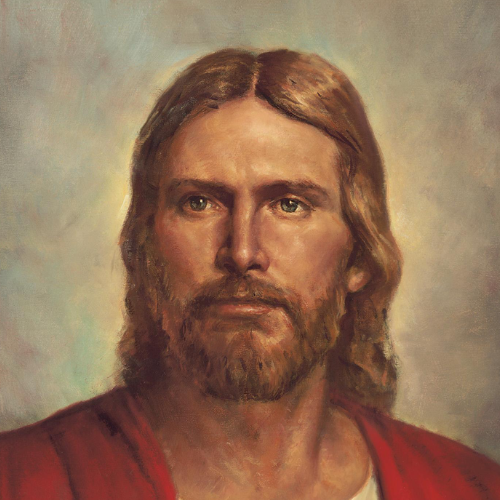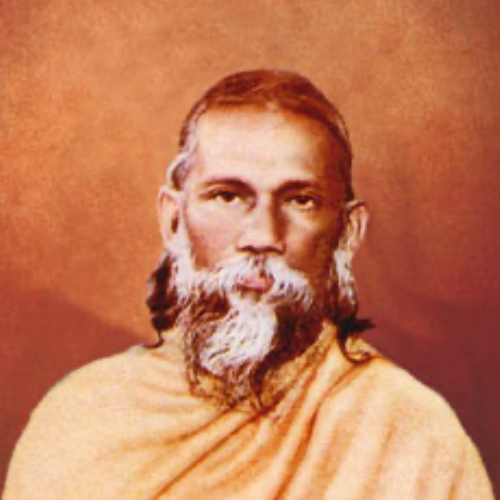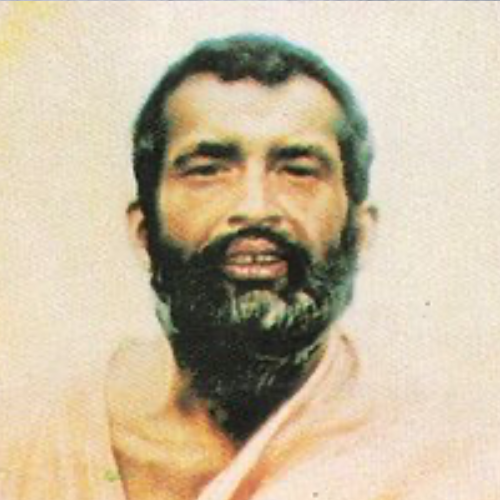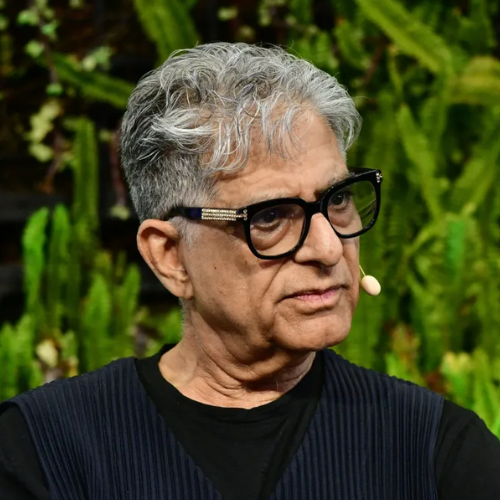Vedanta Quotes
Topics:
Abundance (20)
Advaita (14)
Alone (191)
Angels (16)
Anger (180)
Animals (39)
Art (1407)
Atman (30)
Attachment (98)
Awakening (38)
Awareness (159)
Beauty (129)
Bhakti (16)
Bliss (123)
Body (654)
Brahma (63)
Brahman (39)
Brain (50)
Breath (134)
Buddhism (16)
Change (272)
Compassion (184)
Confidence (38)
Consciousness (328)
Courage (98)
Creativity (79)
Culture (64)
Darkness (83)
Death (254)
Desire (301)
Destiny (28)
Dharma (29)
Discipline (61)
Disease (53)
Divine (249)
Divinity (26)
Dream (107)
Dreams (25)
Earth (173)
Effort (147)
Ego (245)
Energy (132)
Enlightenment (74)
Evil (162)
Evolution (62)
Existence (191)
Eyes (139)
Failure (51)
Faith (224)
Family (77)
Fear (295)
Food (84)
Forgiveness (35)
Freedom (167)
Friend (158)
Future (182)
God (1448)
Grace (115)
Gratitude (43)
Guru (110)
Habits (30)
Happiness (320)
Happy (205)
Harmony (81)
Hatred (52)
Health (94)
Heart (693)
Heaven (128)
Hell (37)
Honor (50)
Human (535)
Humanity (88)
Ignorance (114)
Illusion (72)
Imagination (48)
India (69)
Infinite (141)
Intellect (80)
Intelligence (66)
Intuition (26)
Jesus (106)
Journey (72)
Joy (420)
Justice (69)
Karma (57)
Knowledge (338)
Krishna (101)
Kriya Yoga (827)
Liberation (46)
Life (1404)
Light (479)
Love (1337)
Manifestation (43)
Mantra (25)
Maya (28)
Meditation (281)
Mind (1257)
Miracle (40)
Moment (343)
Money (71)
Music (96)
Nature (389)
Nonviolence (23)
Ocean (112)
Paradise (19)
Past (154)
Patience (70)
Peace (431)
People (623)
Philosophy (43)
Pleasure (119)
Poverty (47)
Practice (287)
Pranayama (14)
Prayer (137)
Purpose (129)
Reality (223)
Religion (200)
Sacrifice (58)
Sadhana (32)
Secret (117)
Seeker (47)
Senses (66)
Service (120)
Silence (160)
Simplicity (26)
Sin (701)
Sleep (76)
Smile (54)
Society (101)
Sorrow (82)
Soul (532)
Sound (65)
Source (138)
Spirit (578)
Spiritual (411)
Success (137)
Suffering (247)
Sun (139)
Surrender (63)
Thoughts (247)
Time (630)
Touch (107)
Truth (506)
Unconscious (44)
Understanding (124)
Unity (135)
Universe (243)
Vedanta (30)
Violence (71)
War (681)
Wealth (107)
Wisdom (170)
Work (382)
World (1043)
Yoga (142)
Zazen (12)
Zen (72)
Vedanta Quotes
Descartes said, ‘I think, therefore I exist.’ Vedanta would go one step further. Even when I don’t think, I’m still aware of not thinking … Instead of saying, ‘I think, therefore I exist’, it would say, ‘I exist, therefore I think.’
The idea of reward and punishment also springs from this law. Whatever we sow, we must reap. It cannot be otherwise. [...] If a person spends all his life in evil-thinking and wrongdoing, then it is useless for him to look for happiness hereafter; because our hereafter is not a matter of chance, but follows as the reaction of our present action. [...] We should, however, never lose sight of the fact that all these ideas of reward and punishment exist in the realm of relativity or finiteness. No soul can ever be doomed eternally through his finite evil deeds; for the cause and effect must always be equal. Thus we can see through our common sense that the theory of eternal perdition and eternal heaven is impossible and illogical, since no finite action can create an infinite result. Hence according to Vedanta, the goal of mankind is neither temporal pleasure nor pain, but Mukti or absolute freedom; and each soul is consciously or unconsciously marching towards this goal through the various experiences of life and death.
That is the purpose of spirituality: to realize yourself as that Brahman … Vedanta says you and the other are not separate. You and the other are one reality.
Man, therefore, according to the Vedanta philosophy, is the greatest being that is in the universe.
According to Vedanta, there are only two symptoms of enlightenment, just two indications that a transformation is taking place within you toward a higher consciousness. The first symptom is that you stop worrying. Things don't bother you anymore. You become light hearted and full of joy. The second symptom is that you encounter more and more meaningful coincidences in your life, more and more synchronicities. And this accelerates to the point where you actually experience the miraculous.
Shankara’s commentary on the Brahma Sutra is the foundation of Advaita Vedanta, nondual Vedanta … ‘Nondual’ means apart from you—that real Self—there is no other thing. You are the only reality that exists. Apart from you, there is no second thing. If there is not two, a very interesting consequence is then everything that we see around you must be, in some sense, you only—not not apart from you … Consciousness is nondual meaning there is no second thing apart from consciousness … In you the consciousness, the entire universe is an appearance—not a second thing apart from you, hence you are that nondual consciousness … Oneness at the core expressed as the many—then what we have to practice is the harmony of the many.
He whom the sages have been seeking in all these places is in our own hearts; the voice that you heard was right, says Vedanta, but the direction you gave to the voice was wrong.
To think that I am this waking body and mind, this person, is an error based on ignorance of Turiya, my real Self … You think of yourself as this person—this seems to be the indubitable truth for us. What Vedanta claims is if you investigate in this method of the waking, dreaming, and deep sleep, you will come across the real you—not this person but the witness of this person, the Turiya in which this person is arising, shining, and falling again.
Ay! says the Vedanta, it is not the fault of God that this partiality exists, that this competition exists. Who makes it? We ourselves. There is a cloud shedding its rain on all fields alike. But it is only the field that is well cultivated, which gets the advantage of the shower; another field, which has not been tilled or taken care of cannot get that advantage. It is not the fault of the cloud.
The Upanishads contain perhaps the most ancient living teachings on spirituality. Spirituality at its most original and fresh … The basic teaching of the Upanishads is that there is an ultimate reality—this world that we experience, and how we experience ourselves, are all manifestations of that reality. We are that reality. If only we would know ourselves truly, we would realize ourselves to be that absolute reality. That absolute reality in the Upanishads is called ‘Brahman.’ Brahman literally means ‘the vast’. That is the closest word you’ve got in Vedanta to God.
The Vedanta teaches men to have faith in themselves first.
Advaita Vedanta is one of the schools of Vedanta, but I would dare say it’s sort of preeminent because of certain reasons which make it peculiarly acceptable to the modern mind. There is little to no theology, and the emphasis is on experience and reason. Advaita Vedanta gives tremendous emphasis and importance to life as we experience it, and then uses reason to come to its conclusions … The conclusion of Advaita Vedanta was that we are, in a sense, profoundly mistaken about our own nature … Advaita’s purpose is to educate us, to shift our paradigm, so that we come to see the world and ourselves in that way.
The essence of Vedanta is that there is but one Being and that every soul is that Being in full, not a part of that Being.
Service is the highest spiritual discipline. Prayer and meditation, or knowledge of scripture and Vedanta (holy scriptures of India), cannot help you reach the goal as quickly as service can. Service has a double effect, it extinguishes the ego and gives bliss.
The more one becomes fit for the practice of Advaita Vedanta, the less is the consciousness of the body and world around. Advaita and body-consciousness do not go together.
Vedanta is talking about you. Your own reality. The Atman means the Self itself. Who am I? What am I? Right here, right now. Not a journey in space. Not a journey in time. Not a journey from one reality to another … Vedanta is not even a journey from one object to another.
The spiritual journey of Vedanta is not a journey in space. It’s not a journey from one place to another … Vedanta is not a journey in time. You are not waiting for something to happen … Vedanta is not there. It’s not then. It’s here and now.
Brave, bold men, these are what we want. What we want is vigor in the blood, strength in the nerves, iron muscles and nerves of steel, not softening namby-pamby ideas. Avoid all these. Avoid all mystery. There is no mystery in religion. Is there any mystery in the Vedanta, or in the Vedas, or in the Samhitas, or in the Puranas? What secret societies did the sages of yore establish to preach their religion? What sleight-of-hand tricks are there recorded as used by them to bring their grand truths to humanity?
What is Vedanta? It is the source of spiritual knowledge called the Upanishads … In a secondary sense, the texts themselves are called Vedanta. In a primary sense, the spiritual knowledge that we get from the Upanishads is Vedanta … If there is one text that is associated with Hinduism, it is the Bhagavad Gita … The Bhagavad Gita is basically the essence of the teachings of the Upanishads … These three—the Upanishads, the Bhagavad Gita, the Brahma Sutras—are together called the triple canon or the triple foundation of Vedanta.
Advaita Vedanta makes a clear distinction between mind and consciousness on the basis that mind is something that appears to consciousness. Therefore, consciousness is just that which illumines all objects … First-person experience is what consciousness does … From Advaita’s perspective, the definition of experience is ‘consciousness plus object.'
Vedanta is a vast, vast literature. It’s an ancient tradition, 5000 years back to the Upanishads. And, yet you can describe Advaita Vedanta in one sentence: Tat Tvam Asi (That Thou Art) … ‘That’ meaning that which is worshipped as God, the reality behind this universe. ‘Thou’ meaning you the individual. You and that are the same thing … We investigate these two polarities … The analysis into who am I or what am I, and an analysis into what is God. Then you come to a synthesis: seeing that what is the reality beyond God and beyond individual.
- 1
